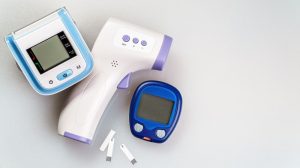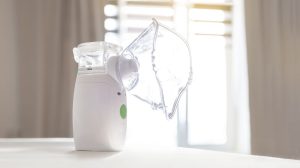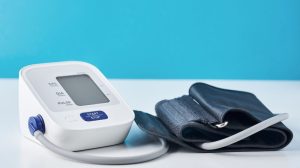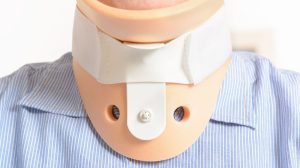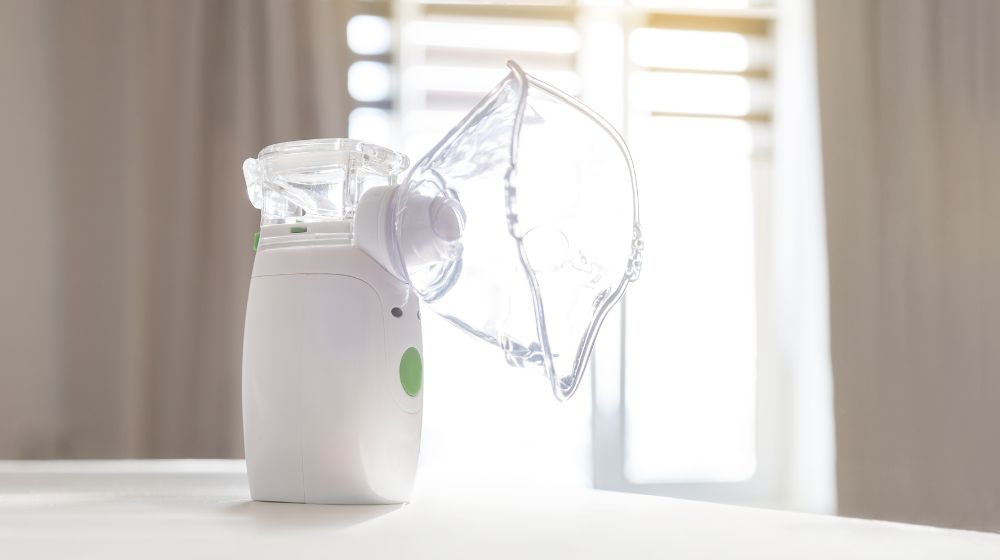
Nebulizers are widely used in both hospitals and home care settings to treat a variety of respiratory conditions. These devices convert liquid medications into a fine mist, allowing the medicine to be inhaled directly into the lungs. This method offers fast and effective relief, especially for patients who have difficulty using inhalers.
In this article, we’ll explore which respiratory diseases are suitable for nebulizer treatment, how nebulizers work, and what benefits they offer for patients of different age groups.
What Is A Nebulizer and How Does It Work?
A nebulizer is a medical device that turns liquid medicine into an aerosol or mist, which the patient inhales through a mask or mouthpiece. The mist travels deep into the lungs, allowing the medication to act quickly and efficiently.
There are several types of nebulizers, including:
- Jet nebulizers: Use compressed air to create the mist.
- Ultrasonic nebulizers: Use high-frequency vibrations.
- Mesh nebulizers: Use a vibrating mesh to produce fine particles.
Each type has its own advantages, but all serve the same purpose: delivering medication directly into the lungs.
Which Respiratory Conditions Are Treated with A Nebulizer?
Nebulizers are commonly used to manage both chronic and acute respiratory illnesses. Below are some of the most common conditions that benefit from nebulizer treatment:
1. Asthma
Asthma is a chronic condition that causes inflammation and narrowing of the airways, leading to symptoms like wheezing, coughing, chest tightness, and shortness of breath.
Nebulizers are especially useful during asthma attacks or for young children who can’t use inhalers properly. Medications such as albuterol or ipratropium bromide can be delivered through a nebulizer to help open the airways quickly and relieve symptoms.
2. Chronic Obstructive Pulmonary Disease (COPD)
COPD, which includes chronic bronchitis and emphysema, is a progressive disease that limits airflow and makes breathing difficult.
For COPD patients, nebulizers are often used to deliver bronchodilators and corticosteroids to reduce inflammation and improve breathing. Long-term use can help manage daily symptoms and reduce the frequency of flare-ups.
3. Bronchitis
Bronchitis is an inflammation of the bronchial tubes, often caused by infection or environmental irritants. It can be acute (short-term) or chronic.
Nebulizers can help deliver medications that reduce inflammation, loosen mucus, and relieve coughing. They’re often used in severe cases or when a patient has difficulty coughing up phlegm.
4. Cystic Fibrosis
Cystic fibrosis (CF) is a genetic disorder that causes thick, sticky mucus to build up in the lungs and digestive tract. This mucus can block airways and lead to serious lung infections.
Nebulizers are a key part of CF treatment. They deliver mucolytic agents to thin the mucus and antibiotics to control infections. Nebulized saline solutions also help improve airway clearance.
5. Pneumonia
In some cases, pneumonia—an infection that inflames the air sacs in one or both lungs—can be treated with nebulized medications, especially if the patient is experiencing difficulty breathing or has underlying lung conditions.
Nebulizers can deliver bronchodilators to improve airflow and oxygen exchange, or antibiotics to fight the infection (though oral or IV antibiotics are more common).
6. Allergic Rhinitis and Sinusitis (Severe Cases)
While nebulizers are not first-line treatments for allergic rhinitis or sinusitis, they can be helpful when symptoms become severe and affect the lower airways.
Nebulized anti-inflammatory drugs or saline may help reduce swelling in the airways and flush out allergens or mucus. However, this is more common in patients with overlapping asthma symptoms.
7. Respiratory Syncytial Virus (RSV) in Children
RSV is a common viral infection that affects the lungs and respiratory tract, particularly in infants and young children.
Nebulizer treatments may help relieve wheezing and breathing difficulties in severe cases, using medications such as salbutamol. Always consult a pediatrician before use.
Benefits of Using A Nebulizer
Using a nebulizer for respiratory treatment offers several important benefits:
Direct Delivery to the Lungs
The mist form allows medications to reach the lungs quickly and efficiently.
Suitable for All Ages
Ideal for children, the elderly, or anyone who struggles with handheld inhalers.
Comfort During Severe Symptoms
Useful during acute breathing difficulties or asthma attacks.
Versatile Medication Options
Can deliver bronchodilators, steroids, mucolytics, antibiotics, and saline solutions.
When Should You Consider A Nebulizer?
You may need to use a nebulizer if:
- You’ve been diagnosed with a chronic lung disease.
- You experience frequent shortness of breath or wheezing.
- You’re unable to use inhalers effectively.
- Your doctor recommends nebulized medications for faster symptom relief.
Always follow your healthcare provider’s instructions regarding medication dosage and frequency.
How to Use A Nebulizer at Home
- Wash your hands before setup.
- Assemble the nebulizer with clean tubing, medication cup, and mouthpiece/mask.
- Add prescribed medication to the cup.
- Connect to power (or compressor for jet nebulizers).
- Inhale the mist slowly and deeply for 10–15 minutes.
- Clean the components after every use to prevent infections.
Precautions and Maintenance
- Disinfect the nebulizer parts regularly.
- Do not share your nebulizer with others.
- Replace filters and parts as instructed.
- Consult a doctor if you feel worse after treatment.
Conclusion
Nebulizers play a vital role in managing a range of respiratory illnesses—from asthma and COPD to more serious conditions like cystic fibrosis and pneumonia. They are particularly beneficial for patients who need fast, effective medication delivery directly to the lungs.
Whether used for daily symptom control or during acute flare-ups, nebulizers can improve quality of life and provide peace of mind for patients and caregivers alike.
If you suffer from a respiratory condition, speak with your doctor to determine if a home nebulizer system is right for you.

